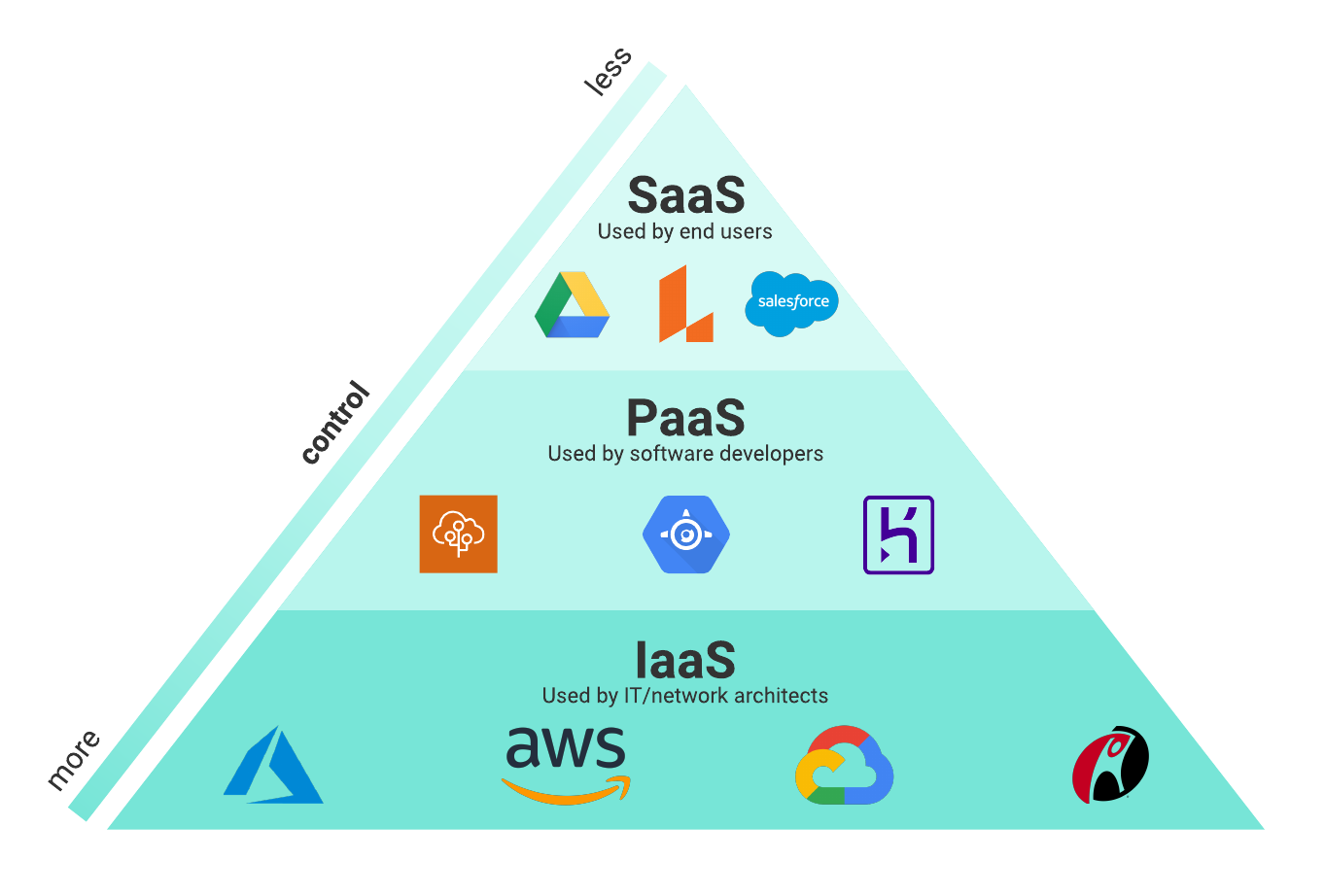Reduce Expenses and Rise Dexterity With Cloud Services
In today's affordable service landscape, the mission to improve and streamline operations effectiveness continues to be a top concern for organizations aiming to remain in advance. The critical use of cloud services has become a game-changer in achieving these goals by using an engaging recommendation - the capacity to reduce expenses while simultaneously improving agility. By embracing cloud services, businesses can open a myriad of advantages that lead the way for optimized efficiency and a sharper one-upmanship. Let's explore exactly how this transformative modern technology can transform the method organizations run and thrust them in the direction of success.
Cost Decrease Advantages
Cloud solutions supply significant cost reduction benefits for businesses seeking to enhance their operational costs and improve economic efficiency. By leveraging cloud computing, business can eliminate the requirement for huge upfront financial investments in physical equipment and framework. Rather, they can shift to an extra flexible cost version, paying just for the sources they make use of on a pay-as-you-go basis. This pay-per-use design permits organizations to scale their IT sources up or down based on demand, preventing unnecessary expenses associated with maintaining excess ability.
In addition, cloud solutions minimize the worry of preserving and updating on-premises hardware, as these jobs are taken care of by the cloud solution supplier. Overall, the expense decrease advantages of cloud services enable businesses to improve their operations and designate sources a lot more efficiently.
Enhanced Operational Efficiency
With a concentrate on enhancing procedures and enhancing resources, companies can achieve improved functional efficiency via the calculated application of cloud services. By moving operations to the cloud, companies can gain from enhanced access, scalability, and automation. Cloud services use services the capacity to simplify process, decrease hands-on intervention, and enhance partnership amongst staff member regardless of their physical areas.
One key aspect of improving functional efficiency through cloud services is the centralization of information and applications. This centralization permits simpler accessibility, updates, and upkeep, bring about smoother procedures and decreased downtime. In addition, cloud solutions offer sophisticated data analytics and understandings that can help organizations make notified choices rapidly, bring about boosted total performance.
Furthermore, cloud services allow organizations to embrace nimble methodologies and react swiftly to transforming market conditions. The versatility and scalability of cloud sources equip companies to scale their procedures up or down based upon need, ensuring ideal resource utilization and cost-effectiveness. Ultimately, by leveraging cloud solutions, businesses can simplify procedures, boost performance, and stay competitive in today's dynamic organization landscape.
Scalability and Versatility Advantages
Attaining optimum operational efficiency in today's company landscape frequently hinges on the ability to adjust promptly to advancing requirements and market dynamics. Cloud solutions offer scalability and flexibility advantages that equip companies to satisfy these needs effectively. Scalability in the cloud enables businesses to conveniently readjust their sources based upon changing requirements. This means that companies can rapidly scale up during optimal periods to guarantee smooth operations and reduce throughout slower times to optimize cost efficiency.

Improved Collaboration and Innovation
In today's vibrant service landscape, the capacity to foster better cooperation and technology is ending up being progressively important for organizations looking for to stay affordable and agile. universal cloud Service. Cloud services play a considerable role in boosting collaboration amongst workers, despite their physical location. With cloud-based communication and cooperation tools such as shared work spaces, real-time editing, and video clip conferencing, groups can work with each other perfectly, boosting performance and creativity
In addition, cloud services offer a central system for storing and accessing information, enabling staff members to share details easily and service tasks collaboratively. This access to shared resources fosters advancement by urging cross-functional groups to trade concepts, trying out brand-new strategies, and promptly repeat on remedies.
Moreover, the scalability of cloud solutions permits organizations to rapidly adapt to changing market demands and experiment with new innovations without significant in advance financial investments. This flexibility encourages teams to examine new ideas, speed up item growth, and eventually drive Cloud Services technology within the organization. By leveraging cloud solutions to improve cooperation and innovation, companies can position themselves as industry leaders in today's fast-paced company atmosphere.

Protection and Conformity Factors To Consider
When thinking about the adoption of cloud services,Guaranteeing durable safety steps and regulatory conformity is critical for organizations. Cloud solution suppliers should offer innovative safety and security features to secure data from unapproved gain access to, information violations, and other cyber hazards. linkdaddy cloud services. File encryption, multi-factor authentication, routine safety and security audits, and conformity certifications such as ISO 27001 and SOC 2 are crucial elements that companies ought to seek in a cloud provider
When it concerns conformity, organizations require to ensure that the cloud solutions they select comply with industry-specific guidelines like GDPR for information protection or HIPAA for health care information. Non-compliance can result in extreme penalties and damage to the company's reputation. As a result, companies should completely assess the cloud supplier's compliance qualifications and data managing practices to ensure placement with their regulatory requirements.
Verdict
To conclude, leveraging cloud services uses organizations a valuable chance to minimize prices, boost operational efficiency, enhance scalability, foster technology, and address security and compliance considerations. By transitioning to a versatile price model and utilizing cloud resources, organizations can adapt to altering market needs and drive competition in a vibrant business environment.

Ultimately, by leveraging cloud services, services can streamline procedures, improve efficiency, and stay affordable in today's dynamic company landscape.
Furthermore, the adaptability of cloud services allows companies to rapidly release new applications and solutions, improving their dexterity in responding to market changes. On the whole, the scalability and adaptability advantages of cloud services supply services with the dexterity needed to flourish in today's quickly changing service setting.